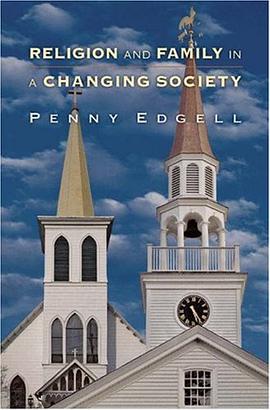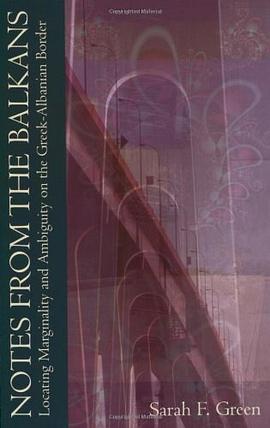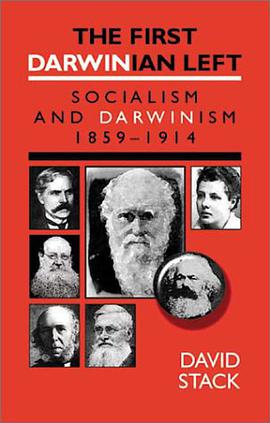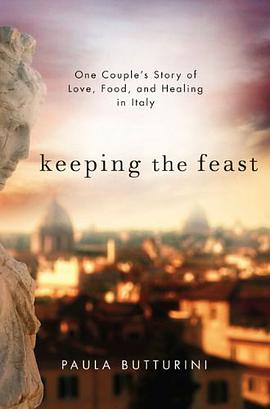

具体描述
Black Atlantic Religion illuminates the mutual transformation of African and African-American cultures, highlighting the example of the Afro-Brazilian Candombl religion. This book contests both the recent conviction that transnationalism is new and the long-held supposition that African culture endures in the Americas only among the poorest and most isolated of black populations. In fact, African culture in the Americas has most flourished among the urban and the prosperous, who, through travel, commerce, and literacy, were well exposed to other cultures. Their embrace of African religion is less a "survival," or inert residue of the African past, than a strategic choice in their circum-Atlantic, multicultural world. With counterparts in Nigeria, the Benin Republic, Haiti, Cuba, Trinidad, and the United States, Candombl is a religion of spirit possession, dance, healing, and blood sacrifice. Most surprising to those who imagine Candombl and other such religions as the products of anonymous folk memory is the fact that some of this religion's towering leaders and priests have been either well-traveled writers or merchants, whose stake in African-inspired religion was as much commercial as spiritual. Morever, they influenced Africa as much as Brazil. Thus, for centuries, Candombl and its counterparts have stood at the crux of enormous transnational forces. Vividly combining history and ethnography, Matory spotlights a so-called "folk" religion defined not by its closure or internal homogeneity but by the diversity of its connections to classes and places often far away. Black Atlantic Religion sets a new standard for the study of transnationalism in its subaltern and often ancient manifestations.
作者简介
目录信息
读后感
评分
评分
评分
评分
用户评价
相关图书
本站所有内容均为互联网搜索引擎提供的公开搜索信息,本站不存储任何数据与内容,任何内容与数据均与本站无关,如有需要请联系相关搜索引擎包括但不限于百度,google,bing,sogou 等
© 2026 book.wenda123.org All Rights Reserved. 图书目录大全 版权所有




















